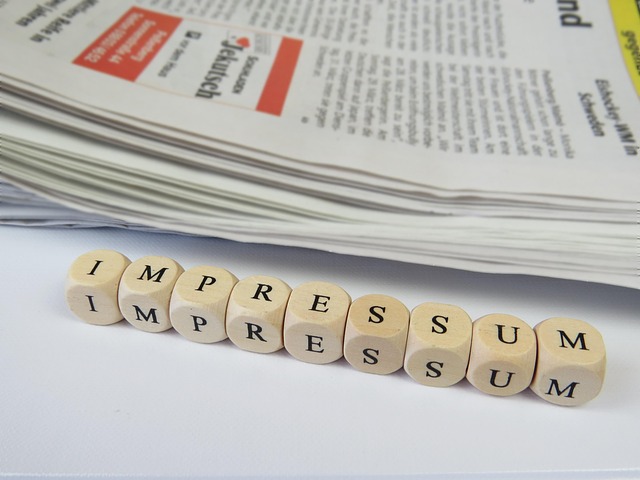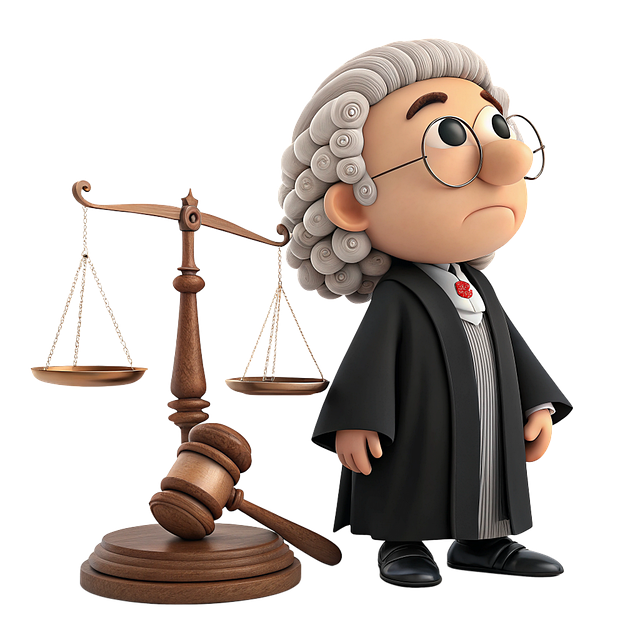Regulatory fraud laws protect businesses and employees from unethical practices, including white-collar crimes. Unfair workplace practices range from discrimination to unsafe conditions, requiring legal action for redress. Employees should document evidence, consult specialized lawyers, and involve enforcement agencies for prosecution. Preventing such practices involves internal controls, ethical training, open reporting, and engagement with communities. Businesses prioritizing these measures avoid legal action and establish ethical leadership.
Regulatory fraud laws are designed to protect employees from unethical and illegal practices in the workplace. This article delves into the intricacies of these laws, offering a comprehensive guide for both legal professionals and employees. We explore unfair workplace practices, highlighting key red flags, and discussing the legal action available to victims. Understanding your rights and remedies is crucial, especially when navigating complex regulatory fraud cases. Learn about government enforcement agencies and preventive measures to safeguard your organization from such fraudulent activities.
- Understanding Regulatory Fraud Laws: A Legal Perspective
- Unfair Workplace Practices: Identifying Red Flags
- Legal Action: Rights and Remedies for Employees
- Prosecuting Fraud: Government and Enforcement Agencies
- Preventive Measures: Safeguarding Your Organization
Understanding Regulatory Fraud Laws: A Legal Perspective

Regulatory fraud laws are a crucial set of guidelines designed to protect businesses and employees from unethical practices. These laws aim to prevent white collar and economic crimes, ensuring fair workplace standards across all industries. When an organization engages in fraudulent activities, it often involves complex schemes that can have significant impacts on stakeholders, including investors, customers, and employees. Understanding these legal frameworks is essential for both businesses and individuals to know their rights and potential avenues for legal action for unfair workplace practices.
The investigative and enforcement process of regulatory fraud laws is meticulous, covering all stages from initial suspicion to resolution. High-stakes cases often require extensive evidence and strategic planning due to the intricate nature of fraudulent activities. As such, these laws play a vital role in maintaining integrity within corporate structures, acting as a deterrent for potential wrongdoers and providing recourse for victims.
Unfair Workplace Practices: Identifying Red Flags

Unfair workplace practices can take many forms, from discrimination and harassment to unfair compensation and unsafe working conditions. Identifying red flags is crucial for both employees and employers to understand their rights and obligations. Some clear indicators include discriminatory hiring or promotion practices, hostile work environments, retaliation against whistleblowers, and failure to provide reasonable accommodations for disabilities. These issues not only harm individuals but also erode the overall morale and productivity of a respective business.
If you suspect unfair workplace practices in your organization or across the country, it’s essential to know that there are legal avenues for redress. Employees who face these challenges can take legal action for unfair workplace practices, seeking compensation and ensuring their rights are protected under general criminal defense laws. Timely intervention from legal professionals specializing in employment law can help navigate complex regulations and secure justice for victims of such practices.
Legal Action: Rights and Remedies for Employees

When employees face regulatory fraud or unfair workplace practices, they have a range of legal rights and remedies available to them. The first step is to document any evidence of wrongdoing, including any instances of false reporting, financial misconduct, or violation of safety protocols. This information can be crucial in any subsequent legal action for unfair workplace practices.
Employees should then consult with an experienced employment lawyer who specializes in these cases. A skilled attorney can guide them through the process, ensuring their rights are protected and helping them achieve extraordinary results. Through legal action, employees not only seek justice for themselves but also contribute to deterring future misconduct. This can lead to complete dismissal of all charges against them and potentially set a precedent for holding employers accountable for their actions.
Prosecuting Fraud: Government and Enforcement Agencies

When it comes to prosecuting fraud, the government plays a pivotal role through various enforcement agencies dedicated to upholding integrity in business practices. These agencies initiate legal action for unfair workplace practices, ensuring compliance with regulations designed to protect employees and consumers alike. They investigate complaints, gather evidence, and collaborate with local, state, and federal entities to bring perpetrators to justice.
The impact of their efforts is felt across the country, as they hold corporations and individuals accountable for unethical conduct. This not only serves as a deterrent but also sends a message to businesses that fraud and misconduct will not be tolerated. The collaboration between these agencies fosters a culture of transparency and ethical responsibility, strengthening the legal framework against fraudulent activities and benefiting both philanthropic and political communities.
Preventive Measures: Safeguarding Your Organization

Preventive measures are paramount when it comes to shielding your organization from regulatory fraud laws and the potential fallout of unfair workplace practices. It’s not just about compliance; it’s about cultivating a culture that actively discourages unethical behavior. Implement robust internal controls, ensuring financial transactions are transparent and well-documented. Regular training sessions on ethical conduct, data privacy, and anti-fraud awareness can empower employees to recognize red flags and act responsibly. Foster an open reporting system where employees feel comfortable disclosing suspected misconduct without fear of retaliation.
Beyond these practices, engaging with the philanthropic and political communities can further strengthen your organization’s integrity. Transparency and accountability are key; regular audits and comprehensive risk assessments can identify vulnerabilities before they’re exploited. By achieving extraordinary results in these areas, you not only protect your business from legal action for unfair workplace practices but also build a reputation as an ethical leader in your industry. Remember, winning challenging defense verdicts is less about overcoming adversity than it is about demonstrating proactive measures that prevent unethical behaviors from taking root.
In conclusion, regulatory fraud laws play a pivotal role in upholding ethical standards within organizations. By understanding these laws, identifying unfair workplace practices, and knowing their rights, employees can take proactive measures against fraud. Legal action for unfair workplace practices is not only a right but also a crucial tool to hold culprits accountable. Businesses, too, should implement preventive measures to safeguard themselves from potential fraudulent activities, fostering an environment of transparency and integrity.






